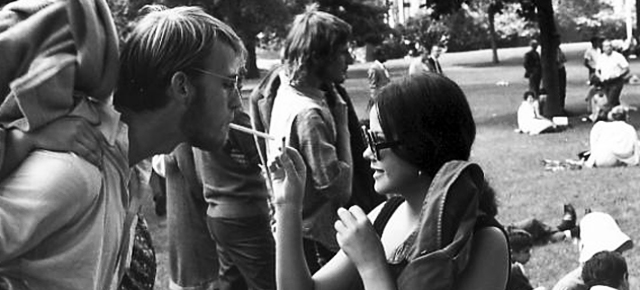
Christopher’s Movie Matinée: haphazard adventures in Flower Power cinema
Christopher’s Movie Matinée: haphazard adventures in Flower Power cinema
Full confession today guys: I’m a total hippie.
I may look sort of normal to you on the outside (accent on the sort of), but on the inside, I’ve always belonged to that crunchy-granola posse that believes in meditation, past lives, homeopathic remedies, guardian angels, plant-based diets and that “the universe unfolds as it should”. I can’t help it; I was born this way.
I know what mantras, chakras, auras, pranas and mandalas are. My phone contacts include the phone numbers of several osteopaths, a naturopath, a hypnotist, a herbalist, and at least one psychic.
Hello, my name is Carolyne Weldon, and I’m a hippie.
All of this, of course, could easily be blamed on my hippie parents, who raised me in the woods in total oblivion of plastic toys, refined sugar (aka “white death”) and televised entertainment. But the reality is different. I’m 30 now, and, for example, there’s no one but myself responsible for the fact I had leftover quinoa (with organic blueberries, almond milk and cinnamon) for breakfast this morning. Nah, that was all me. (And make that unsweetened almond milk.)
So when we added Christopher’s Movie Matinée to NFB.ca this week, the total hippie in me was super curious to see what this total hippie film from the late 1960s was all about. Albert, our all-knowing in-house film expert, said the doc had been made in Yorkville, Toronto, in 1968 when the NFB provided a bunch of young people (tellingly, they call themselves “kids”), with video cameras, film, and a few crew members, among which a young and bespectacled Martin Duckworth, to produce a film about their reality and the world around them.
The result is Christopher’s Movie Matinée, a film documenting young people trying to make a film “of social protest”. The footage, which was apparently barely edited, illustrates the different stages of their “process”, from inception (kids arguing about what the film will be about) to the finale (the NFB crew being accused by the media of backing a hippie protest in a park and being recalled in extremis to Montreal, bringing an early end to the whole adventure). The beast is 87 minutes long.
In between, very interesting – and very interesting to look at – things happen. There’s obviously the whole 1960s/Flower Power aesthetics that is always so delicious on film. From the cars (our gang rolls around in 2 hearse-like station wagons, one burgundy, one moss green), to the haircuts, the old-school film camera equipment, the fashions, the vintage Toronto street signs, the smoking inside everywhere, the sit-ins and love-ins… the film is very easy on the eyes. (PS: Williamsburg hipsters didn’t invent jack. Dark rimmed glasses? Skinny pants? Suspenders? These kids had it all down.)
If not on the visual, it is on the level of discourse, of ideas, that the film exasperates. What do these young people want? As the man from the City Board they meet with at the onset of the film asks, if you don’t want to work and don’t want to go to school, what do you want to do exactly? And how will you live?
Soon (I mean within the first half hour), it becomes painfully clear the youths have no idea what they are doing and that their ideological opposition to structure and hierarchy, coupled with their idealistic enthusiasm for the “collective” will make it basically impossible for them to compellingly showcase their message and militant worldview.
This realisation comes in stage. First there’s the (relatively awkward) footage of interviews the kids lead with strangers on public transit. In one debate about the necessity of a police force, a jovial man from Brampton tells the young hippie interviewing him that the fact of the matter is that “we’re human beings, and that we don’t all love each other.” (The gentleman also tells him he will never be a man “with a pansy in his hair”.)
In another segment, one of the girls discusses the Vietnam War with a prim lady who clearly couldn’t think of a more horrid thing to do than discuss the matter with a baby-faced hippie on the bus. Telling the woman of her own “deep involvement” in the conflict, she says: “I want to know how other people are feeling about it. Are you angry at me?”
How could these young people hope to ever convince anyone of anything?
There is one saving grace, however, that comes halfway through the documentary (around the 44:00 mark), in the form of a merry-go-round soliloquy by one of the more adorable male members of the collective, pedaling away on a bike in neat circles in what looks like an empty parking lot.
The shot is super dizzying. The camera, swiveling on its axis and following the boy’s circular progress, around and around, simultaneous blurs the background and highlights the boy’s statement.
“You constantly have to be on the move, or you know, you’re dead,” he says. “You know, that’s connected with Yorkville. You can’t have people just sitting there, doing nothing. Like freeways are the same thing. The whole America, and Canada, are geared toward moving places, and there’s no place to go. Expressways are knocking down buildings. It’s becoming a kind of, mobile culture. Like this. Drive-in restaurants, drive-in banks, drive-in drive-ins, you know – to make out in, you know. Pretty soon, people will be having babies in cars, getting buried in cars. We’re gonna have to have floating cemeteries, with corpses constantly on the move. And we’re gonna get like that until finally, you know, you’re going to be very lucky if you can sit still for a second – that’s it.”
In many ways, the film reminded me of what’s terrible about being a teenager. You are firmly against everything, yet are fully incapable of articulating that opposition to anyone who doesn’t share your point of view 100%. Good ideas (some better than others), but terrible, terrible marketing.
It also brought to mind some of the more fundamental flaws of the infamous Occupy Movement, another vastly legitimate protest movement gradually defused and rendered moot by its own issues of inarticulateness. Most people would agree, it seems, that everything’s upside down when it comes to wealth distribution and the absurd inequalities between humans today. They don’t call themselves the 99% for nothing. Yet and still, it can be (and has been) challenging to pin point what these upset masses want. And what preparations they are willing to make for their message to be heard and understood by those in a position to do something about it. Those elements are definitely murkier.
To come back to our hippies, the great humanity and hope of their message, as tentatively showcased in Christopher’s Movie Matinée, is all but lost due to general flakiness and disorganization. In all fairness, you can’t oppose flowers and love. I don’t believe anyone could stand up and make a reasonable argument against more love and more flowers. But that being said, you can perhaps feel like shooting the messenger, and the film inspired some of that in this viewer.
Were Woodstock hippies more articulate? Is this flaw particular to the Yorkville collective? I don’t know. But the film makes one thing clear; the indictment of this gang of hippies’ worldview is in the message itself, in this occurrence, the film. The chaotic way in which the documentary is made in and of itself condemns the hippie paradigm the film seeks to celebrate, or at the very least “document”. “The medium is the message”, McLuhan said.
Clearly, the collective, love-one-another worldview doesn’t float; at least not as far as cogent filmmaking is concerned. Rejecting structure, authority as well as any form of “indoctrination”, can a gaggle of hippies make a film selling their unique perspective on the world?
Articulate or not, the film really looks (and sounds) terrific and is definitely worth a browse, even if just for the nostalgia bonus points.
Like Alan Dean Foster said, “freedom is just chaos, with better lighting”.
Christopher’s Movie Matinee, Mort Ransen, provided by the National Film Board of Canada
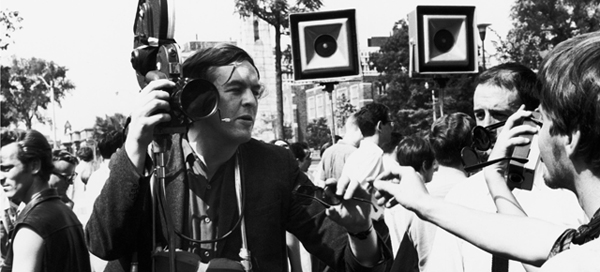
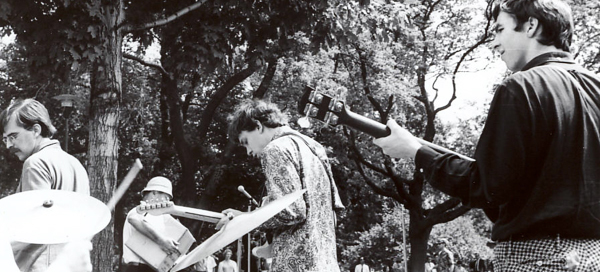
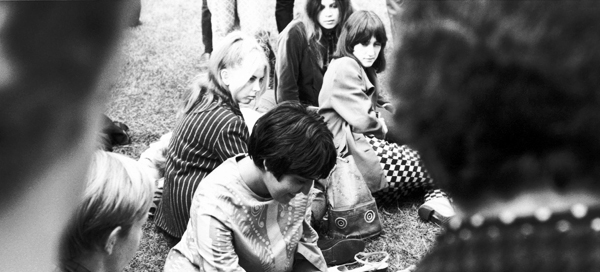
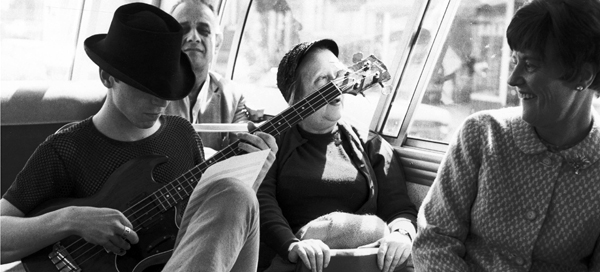
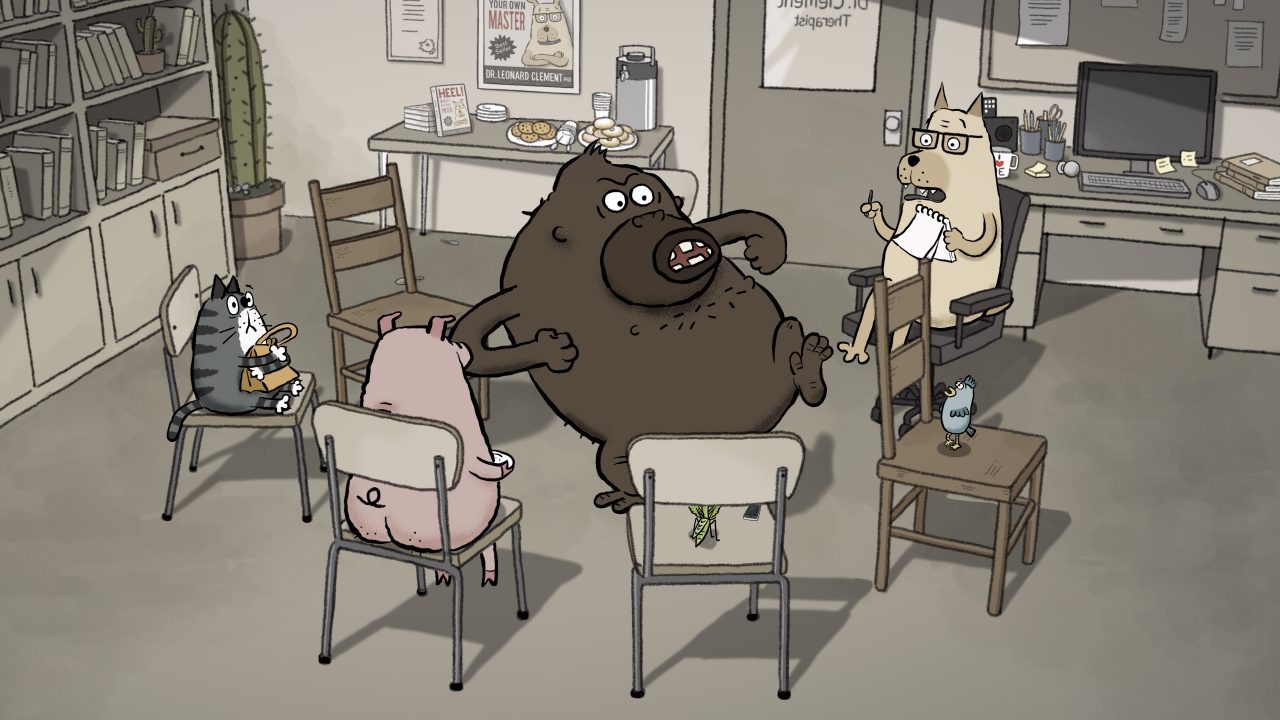

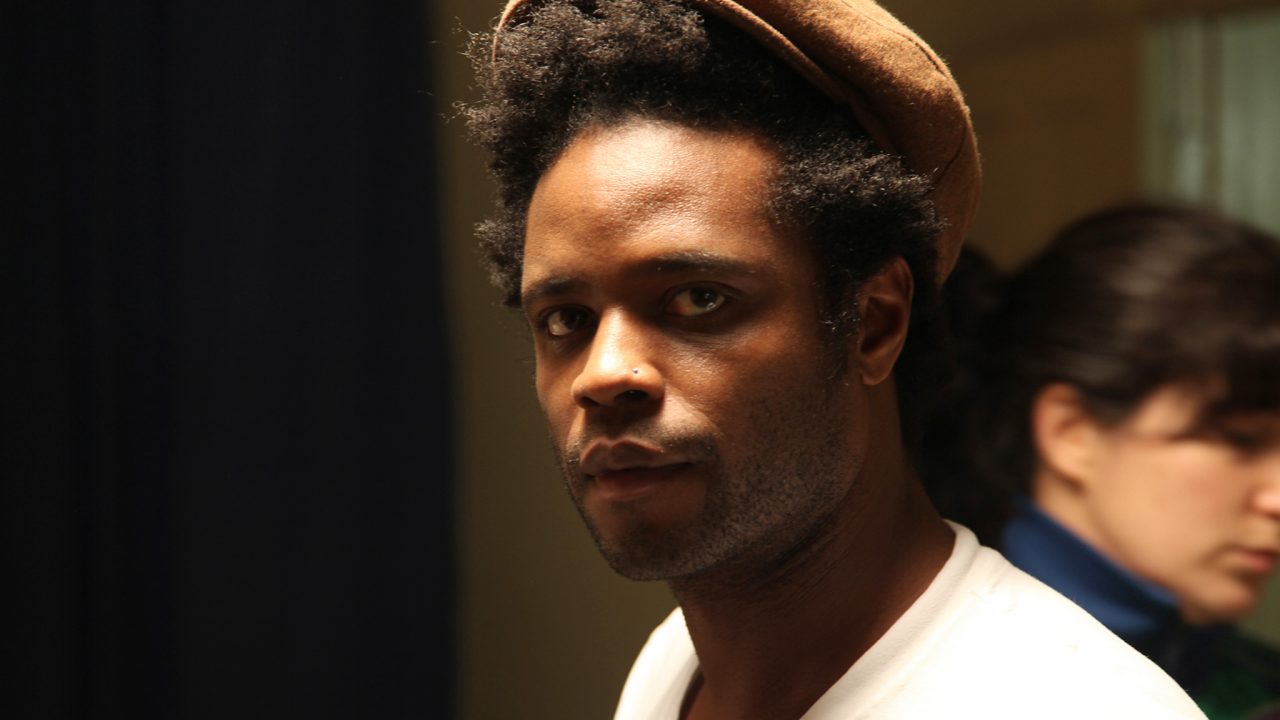
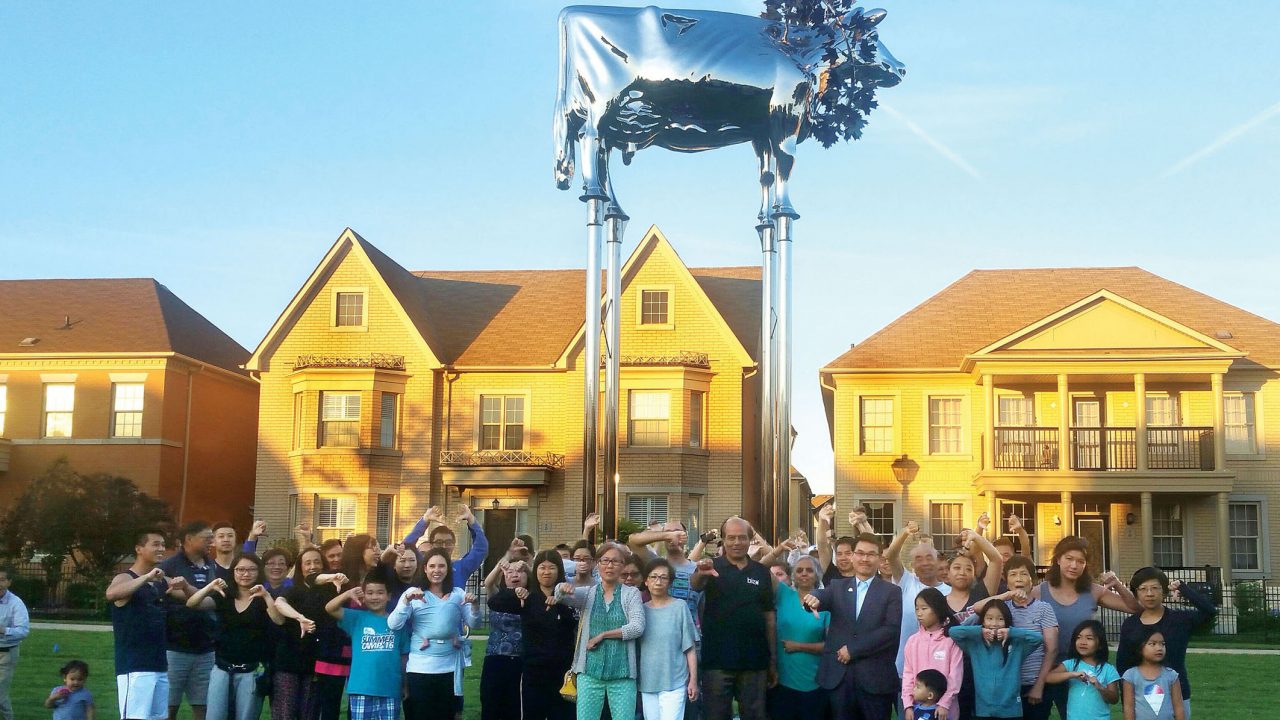
My father was in this movie as one of the “Don Mills” hippie teenager crowd. He passed away in 2009 and is dearly missed. What a wonderful gift to read this post and to know that this film will be seen by a whole new generation of hippie sympathizers such as myself 🙂 Thank you!
Was 14 or 15 when In programmed Cheistopher’s Amovi matinee nit was the inauguration of ou film club ou in waterloo Oxford Collegiaten out side Baden Ontrio. 6 people attended ; myself, the technicol volunteer, the other two members of the club and a girl who dragged her boyfriend along.
It’s great to see this film again and be reminded of my first step-up int the program,ing box. We were young, idealist and wanted to watch modifies in a crowspd.
Now I program movies on TVOs aSaturday Night at the movies. It’s unlikely we’ll every air Christopher’s Movie Matinee but the influences of his work is everywhere.
Glad to be reminded of the source of my inspiration